Canada’s Immigration Minister, Sean Fraser, announced new measures current aimed at recruiting more global tech talent to the country. These steps include the launch of what Fraser and Immigration, Refugees and Citizenship Canada (IRCC) call Canada’s first-ever Tech Talent Strategy.
H-1B visa holders now have a new 3 year open work permit :
IRCC will increase labor mobility in North America by establishing a streamlined work permit application process for H-1B specialized occupation visa holders in the United States who wish to relocate to Canada. Many individuals in high-tech industries are currently employed in organizations with operations in both Canada and the United States, and those working in the United States frequently have an H-1B specialized employment visa.
The IMP has created a new innovation stream :
As a result, by the end of 2023, the Canadian Government will launch a new Innovation Stream that will create an exemption from the Labour Market Impact Assessment (LMIA) process to assist companies and skilled individuals in support of Canada’s innovation goals and high-tech industries.
IRCC is looking at two options:
Employer-specific work permits valid for up to five years for employees working for a company selected by the Government of Canada as contributing to our industrial innovation plans.
Open work permits for up to five years for highly trained employees in high-demand occupations.
Getting the attention of digital nomads:
IRCC will also market Canada as a digital nomad destination. A digital nomad is someone who can work remotely from anywhere in the world. IRCC will work with public and private partners in the coming months to explore whether further measures to attract digital nomads to Canada are desirable.
STEM-specific draw as part of category-based Express Entry draws:
For Express Entry candidates, IRCC is also launching category-based selection drawings. Express Entry candidates with strong French language skills or work experience in many disciplines, including science, technology, engineering, and mathematics (STEM), will be given preference by IRCC.
Improvements to existing technology initiatives:
Finally, IRCC will strengthen current programs that serve workers in high-skilled tech occupations, such as the Global Skills Strategy and the Start-Up Visa (SUV) program.
The Start Up Visa (SUV) program provides a pathway to permanent residence for foreign entrepreneurs who get the backing of a certified Canadian venture capital fund, angel investor organization, or business incubator for their start-up.
In addition, IRCC will revise the temporary work permit option for SUV applicants, allowing them to apply for an open work permit of up to three years, rather than a one-year work permit that restricts them to working primarily for their own start-up.




